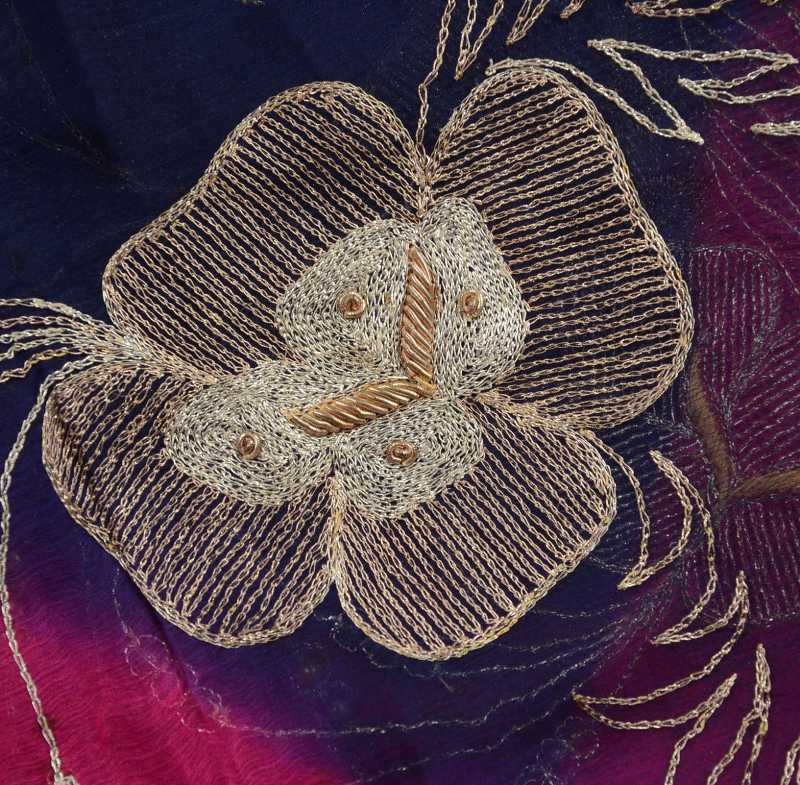===
0313,
1
===

=== |
 |
muft : 'Gratuitous; acquired without cost or labour; given away without return or benefit; gratuitously, gratis, without payment, for nothing; —in vain, unprofitably, uselessly'. (Platts p.1052)
FWP:
SETS == DIALOGUE
MOTIFS
NAMES == HUNTER
TERMS == 'AFFAIR-EVOCATION'; 'MEANING-CREATION'SRF ends his comments by ascribing to the verse a set of very strong qualities of style: Mir has created the verse 'in his own style',
jis me;N roz-marrah zindagii aur ((aashiq kii be-sar-o-saamaanii lekin ghareluu-pan aur ((ishq kii maayuusii par ;xvush :taba((ii ke andaaz me;N ray-zanii ba;Rii ;xuubii se bayaan ho ga))ii hai .
I just can't manage to find all those elaborate qualities of style inherent in the very structure of the verse itself. Of course, if SRF tells us to read the verse in that tone it works very well; perhaps it's the most poetically effective tone one could find. But is it the only one? Surely other tones are also possible. (For example, what if instead of speaking in a witty or jesting tone, the lover is speaking in bitterness and despair?) This question of a single specific 'built-in' tone is an ongoing focus for my own thinking; for further discussion see {724,2}.